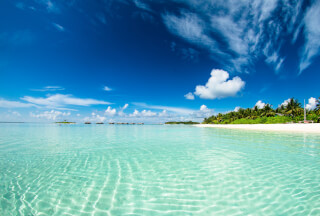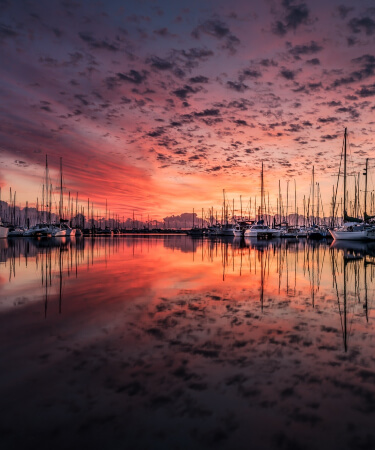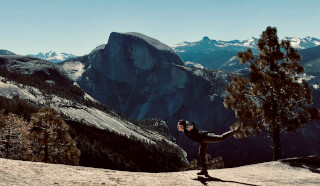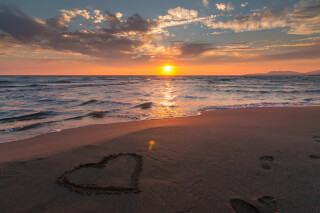Thank you all for your time and for following us on Serenade Wind.
As we have conversations about embarking on this new chapter in our lives, some frequently asked questions have arisen. To the extent that we can, we are capturing them here.
Because this transition is fluid, some answers will remain work in process. We will add to this FAQ as the events unfold.
If you have any other questions, get in touch with us on FB or IG.
The goal is to be able to do this as long as we have the physical capability and passion to do this. If we were to put an actual timeframe around this adventure, we are hoping to do this for at least 5-10 years. We would like to be able to circumnavigate, however this is not the only goal.
Many sailors age out of this lifestyle and usually due to physical limitations. We know there are examples of those who sail into their 70's and 80's, including delivery captain Dave from Tasmania, our neighbor in New River, Ft Lauderdale.
Will we be one of these examples? Who knows.
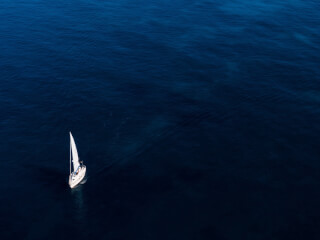
Since we bought s/v Rachel J Slocum when she was in Florida, we will wait out hurricane season and then head to St Kitts and Nevis in the eastern Caribbean. Our maiden voyage will last a few weeks and give us a chance to drop off Bill at his home.
Due to COVID-19 restrictions, we will quarantine upon arrival for 14 days. The country is quite strict requiring us to hire a personal guard for $3,000 to ensure we don't break quarantine. After exploring a few options, we'll moor our boat on Bill's mooring ball and quarantine at his sister's house nearby.
To find out more about our current sail plans, follow this link:
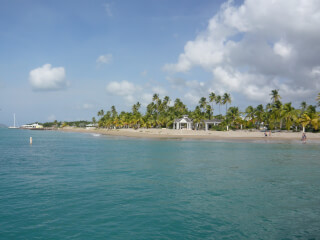
A good friend of mine suggested an interesting tactic, which I'm inclined to try:
"Mom, NASA has a a new program that they're launching this year. They are looking for volunteers to colonize Mars. As you know, Andrew and I have always wanted to be astronauts, and so we have enlisted in the program. We will be gone for a while, but not to worry, you can still reach us. Advances in interstellar communication has improved dramatically over the past few years, and the delay is really pretty minimal..."
Assuming Mom doesn't have a heart attack, we could pull back on our aggressive plans to colonize Mars, and instead we could present her with our plans to sail around the world.
"...Hey Mom, at least we'll still be on the same planet, right?"
Of course, I'm being facetious. For the story about our actual dialog, follow this link:
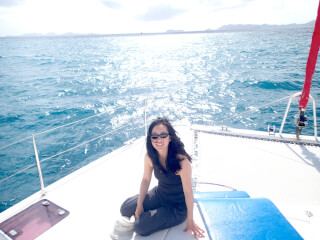
There is plenty to do onboard a sailboat. Day-to-day cooking, cleaning, fishing, and boat projects in addition to sailing and making passage. We also plan to bring books, guitar, knitting, and other gear to pass the time. While at anchor, there will be opportunities to swim, snorkel, rock climb, hike and explore the local environment as well as provision and get to know our new neighbors.
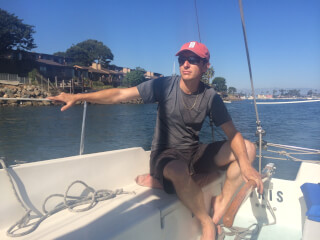
Andrew and I both have received a clean bill of health from our physician, optometrist and dentist. The only deficiency we seem to experience is Vitamin D, which I hear can easily be remedied by lots of time in the sun.
For those who live in the U.S. which has a fairly pervasive culture of fear mongering especially when it comes to health insurance and liability this is a pressing question.
We say it's a bit of a racket. Knock on wood, we have been healthy throughout our lives, and from an economic standpoint, we have put in WAY more than we have taken out. If we could have self-insured back in our 20's, we would do so in a heart-beat.
From my own personal experience of traveling abroad, I had great experiences of being treated as a human being and not as a walking liability. Perhaps a worthwhile story to expand beyond this FAQ and in a future blog post.
By following the footsteps of Joshua Slocum (who sailed alone around the world from April 1895 to June 1898), we hope to be healthier and happier when we return to our home port.
On a practical level, international health insurance is available for expats if one is so inclined. During the coronavirus pandemic, we are learning that those requirements will increase quarantine procedures as we clear in and out of countries. We will provide an update outside of this FAQ once those policies are communicated.
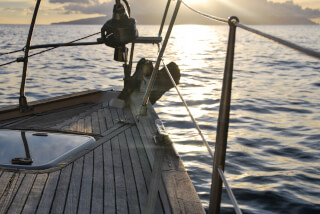
Ocean crossing? No. Sea crossing? Yes.
Andrew and I sailed in Greece from the northwest corner starting from the island of Corfu to several islands of the Ioanian Sea (incl. Banaya, Paxos, Nydri, Lefkada, Kefalonia, and Nafpaktos) and through the Corinth Canal to Athens. It was a 7-day sail on a Lagoon 38 catamaran. We covered roughly 235 nm, during which we experienced storm conditions and others in our flotilla experienced being struck by lightning shorting all electrical systems, broken jib sheet, fouled anchor on windlass, broken boomvang, and engine failure.
While this was far from what we expected, we loved being able to experience sailing under these conditions. No, we're not gluttons for punishment. We simply appreciated the opportunity to problem solve and learn from this experience.
Even seasoned sailors recognize there are opportunities to learn each day while at sea. The ocean has much to teach us.
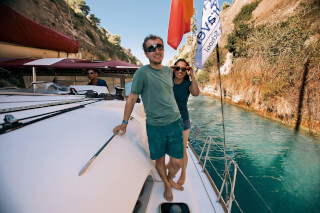
Several ways depending on the need:
- Satellite Phone - A portable satellite phone allows you to stay in touch when outside of cellular coverage areas.
- VHF Radio - Due in part to its universality, the VHF is arguably the most valuable piece of safety gear aboard, delivering any call for assistance to dozens or hundreds of nearby listening ears.
- Shortwave receiver - Enables the ability to receive weather reports and forecasts, ship to shore communications, covers VHF (64 – 260 MHz) and UHF (437 – 512 MHz) frequencies.
- SSB transceiver - Marine single sideband (SSB), unlike satphones, allows an unlimited number of people to listen to a transmission at the same time and so is used for regional cruising events like ARC, Caribbean 1500 and Ba-ha-ha. It operates on frequencies in the range of 2 MHz-26 MHz.
- AIS transponder - Automatic Identification System (AIS) transponder broadcasts a ship's information, such as speed and heading (information gathered by GPS, of course), the ship's name, port of origin, size and draft, and more, over VHF frequencies 161.975 megahertz and 162.025 MHz.
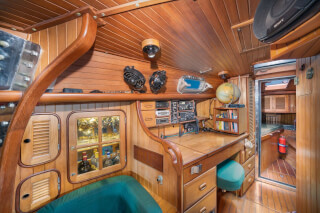
Because our sailboat will have an AIS Class B transponder, you can monitor our position and movement 24/7.
This class is for use by recreational crafts and have a transmission power of 2W (range of about 10 miles), typically broadcasting every 30 seconds when underway and every 6 minutes while at anchor.
Realtime notifications via email, mobile and our website can be set up providing alerts for:
- Estimate Arrival
- Arrival / Departure at Port
- Cross your custom Areas
- Start / Stop Moving
- Status Changes
We will also file our float plan both here as well as with family so you are aware of our departure & destination dates and locations.
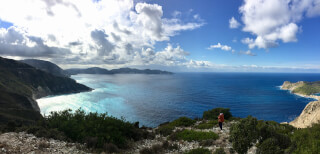
The short answer is yes. While on our sailing adventure, we would love to meet, and to make that happen will take a lot of coordination.
We will provide more information on this at a later time once we get organized.
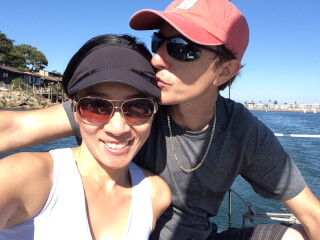
Beyond this FAQ, we have compiled a quick reference guide on sailing, minimalist lifestyle as well as our sources of inspiration.
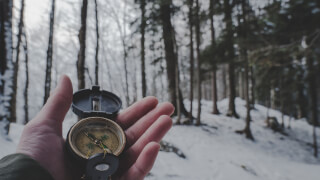
If you have any questions to add to this FAQ - top questions from you that you would like us to answer, please post them on Facebook, Twitter, and/or Instagram. We would love to hear from you!
